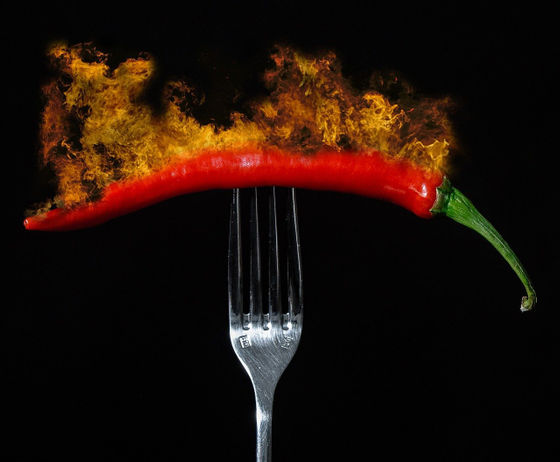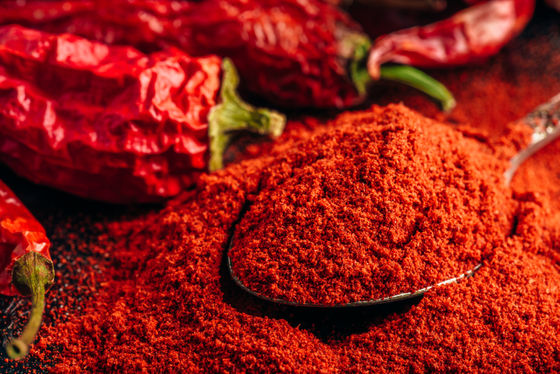How should we receive the results of a study that medical experts answered, 'Can eating too much spicy food damage your body?' And that it affects long-term cognitive function?

Many people have had the experience of eating food with chili peppers and suffering from too much spiciness, or screaming in the bathroom the next day.
Can eating hot chilli peppers actually hurt you?
https://theconversation.com/can-eating-hot-chilli-peppers-actually-hurt-you-163489
According to Christian Moro, an associate professor at Bond University School of Medicine in Australia, and Charlotte Phelps, a doctoral student, eating spicy peppers causes swelling, headache, eye pain, nausea and vomiting, diarrhea, and abdominal pain.・ There are cases where symptoms such as heartburn due to reflux of stomach acid occur. However, it seems that this is not because capsaicin is physically damaging cells, but because the human body mistakenly stimulates capsaicin as a burn.

It has been found that mammals, including humans, feel burn-like irritation from capsaicin, but birds do not. Therefore, the theory that 'plants began to synthesize capsaicin is to prevent birds from feeding damage and to have birds eat and carry seeds far away' is considered to be the most promising theory.
Even if you say 'human' in one word, some people like spicy food and some people are not good at spicy food, but it is pointed out that this is related to genetic factors.
Although the spiciness of capsaicin is merely a reaction to the misunderstanding that the human body has been burned, it seems that there is some effect on substances that are highly irritating. In fact, studies have reported that 'high intakes of chili peppers have something to do with cognitive decline.' The study, which included 4,852 adults in China, found that people who consumed 50g or more of chili peppers a day were more likely to report cognitive decline than those who did not.

However, if you take 2.5g of a teaspoon of chili peppers, you would have to eat 20 teaspoons to get 50g of chili peppers a day. In addition, the cognitive function in the above study is self-reported, and no additional experimental results have been reported to support the study. In this regard, Moro et al. Stated that 'there is little conclusive evidence to support the negative effects and major obstacles of ingesting moderate amounts of chili peppers.'
It is said that there is no long-term adverse effect on chili peppers if the amount is common sense, and since chili peppers are a treasure trove of antioxidants, regular intake has many advantages. Also, people who add chili peppers to their diet tend to keep salt low, so adding moderate spiciness to cooking may be a healthy habit, Moro and colleagues commented. bottom.
Related Posts:







